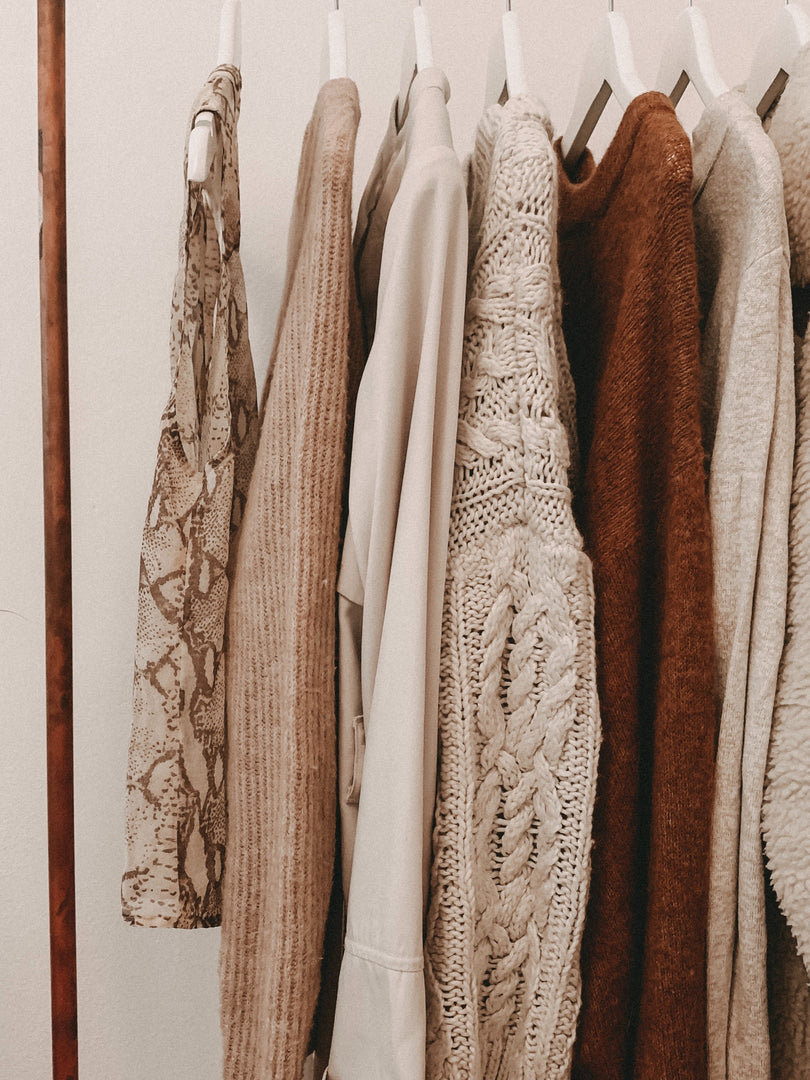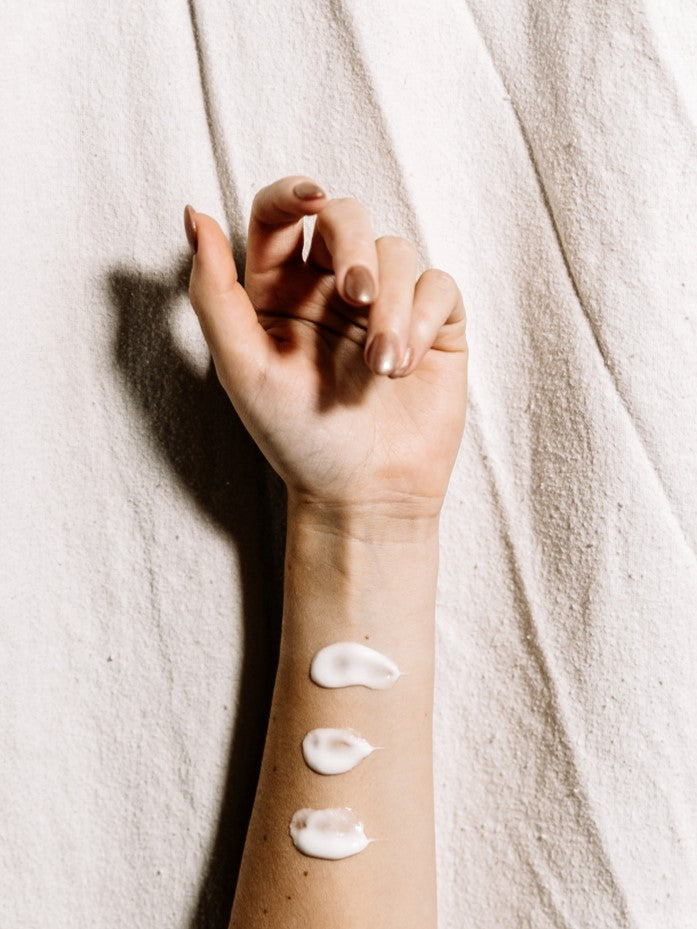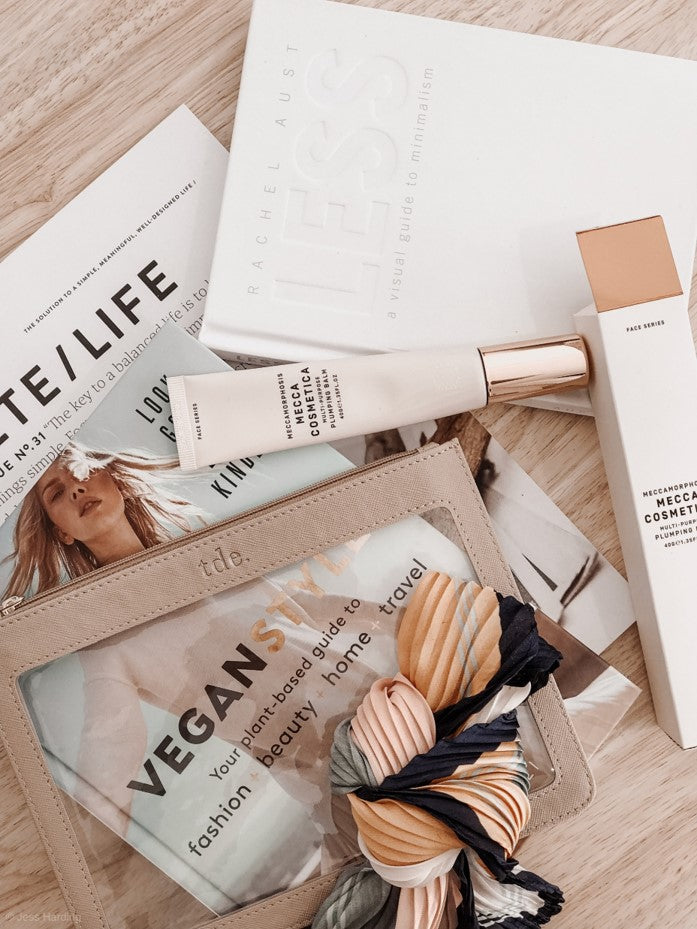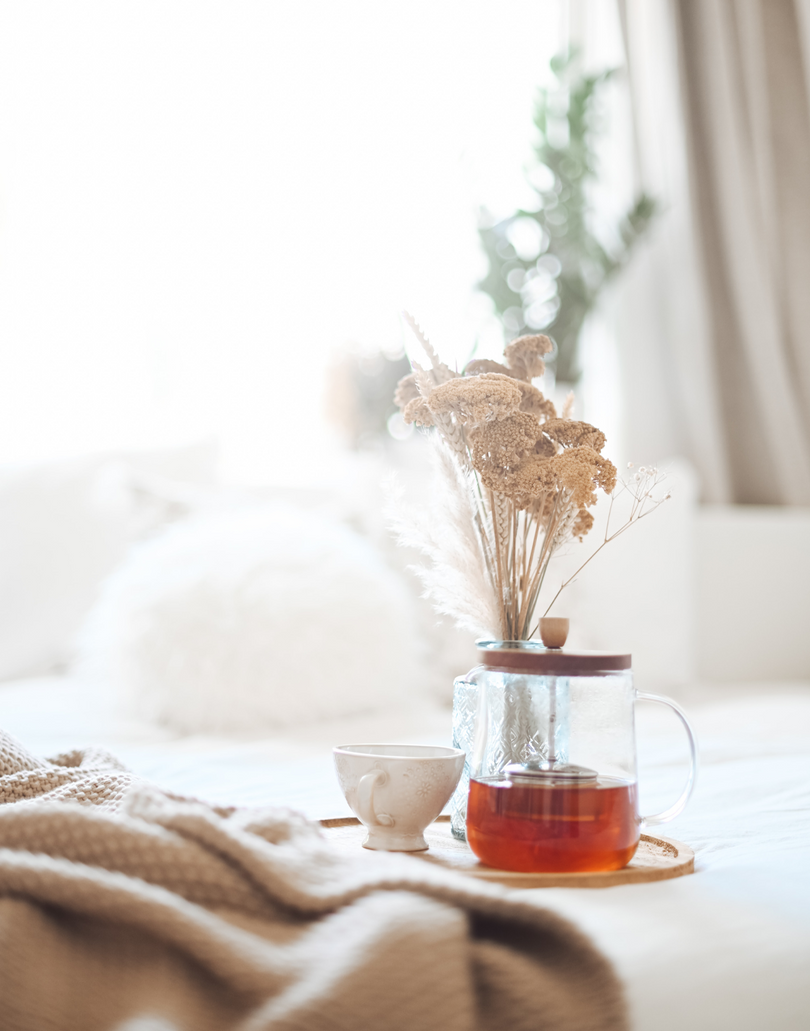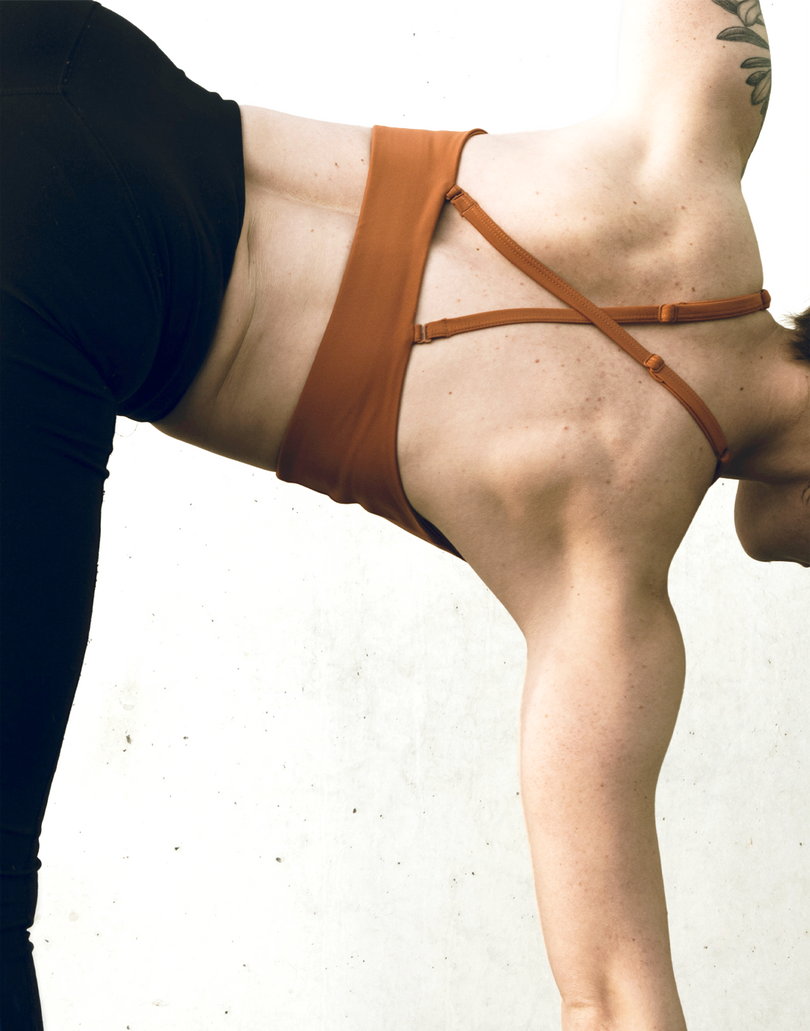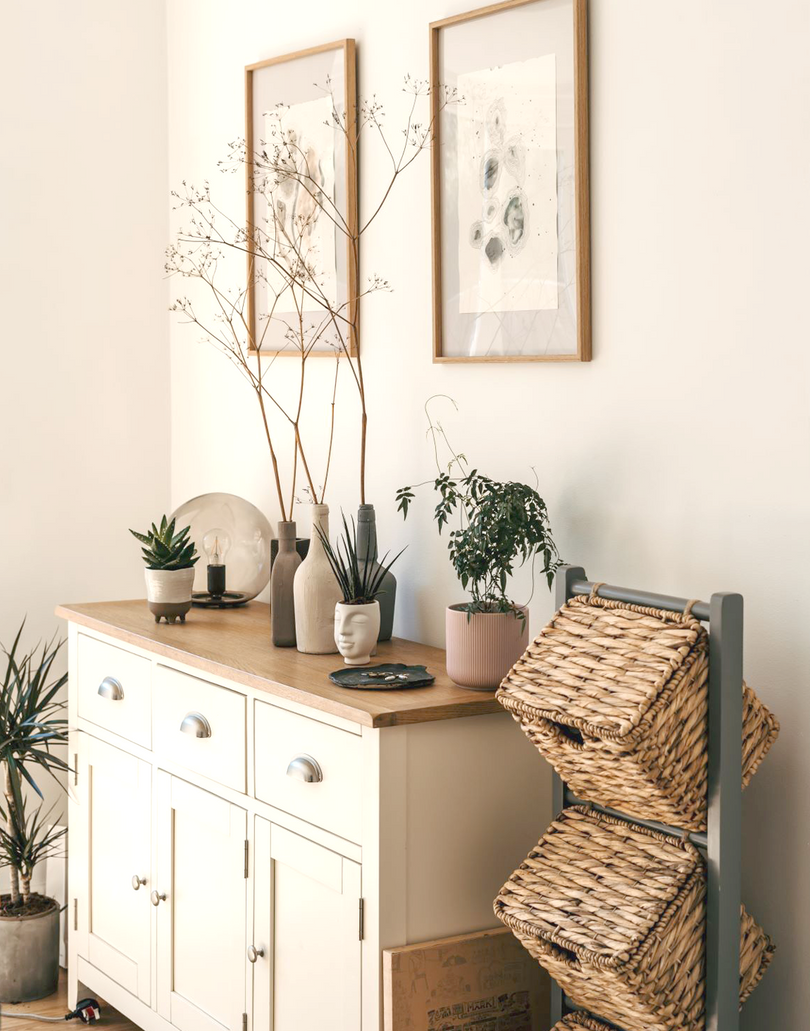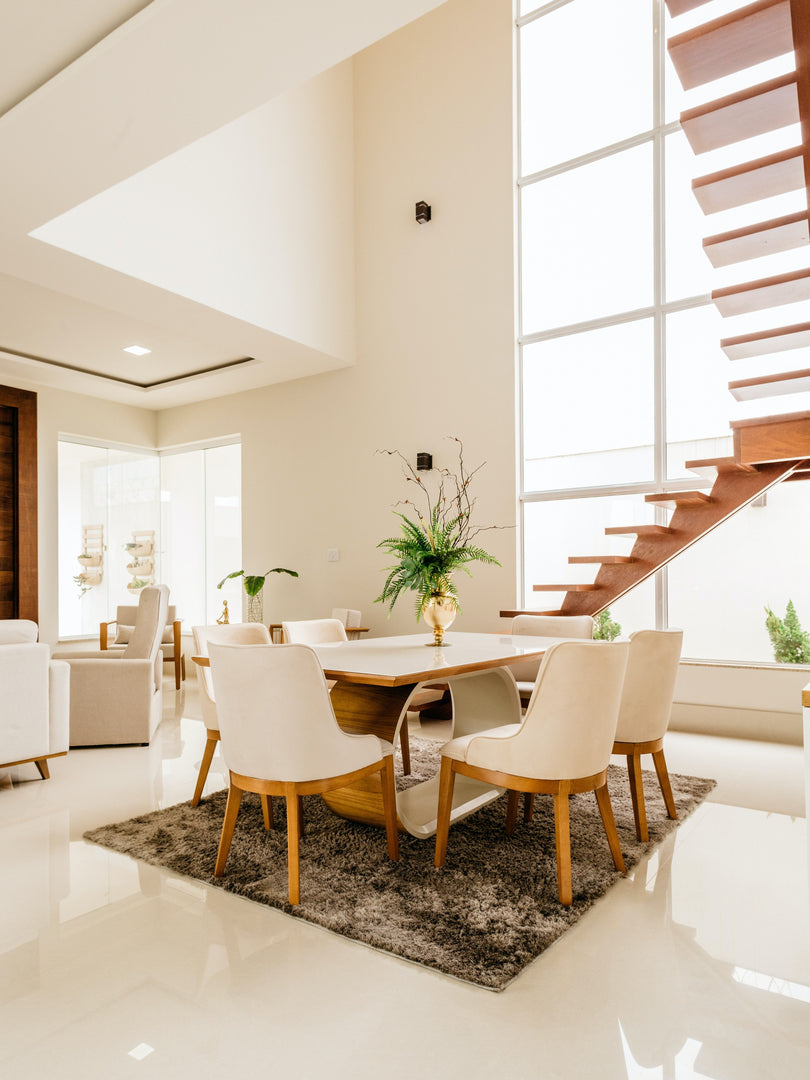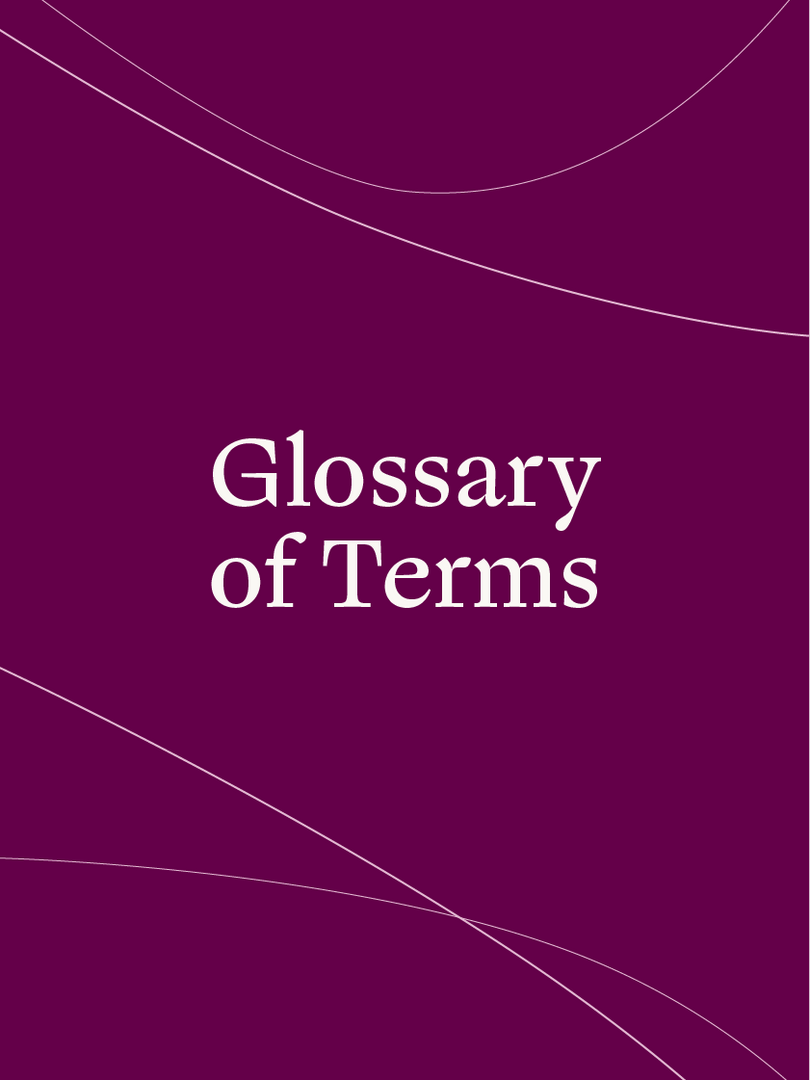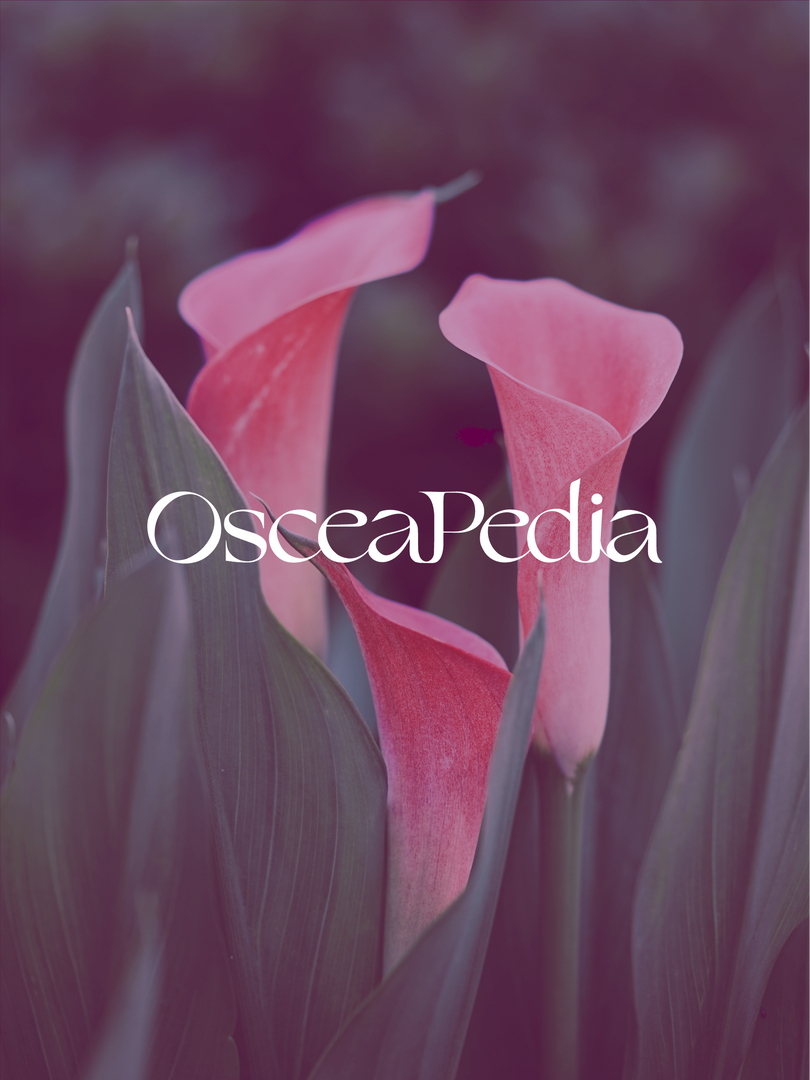The world loves coffee, but Oscea loves sustainable coffee. An impressive 63% of American adults drink coffee daily, according to the National Coffee Association USA (NCA). In fact, coffee is the third most consumed beverage in the world behind only tea and water and it is the most traded tropical agricultural commodity globally. With the growing need to keep consumers satisfied, there also comes great pressure on the ecosystems supporting the coffee industry. Unfortunately, behind our morning cup-of-joe is a supply chain filled with environmental degradation and labor violations.
This article will cover:
- Why is conventional coffee unsustainable?
- What is sustainable coffee?
- 8 best sustainable coffee brands
Why is Conventional Coffee Unsustainable?
The main issues with coffee production are intensive water use, harmful chemical pesticides, deforestation, and child labor concerns. Coffee is produced in more than 50 countries in South America, Central America, Asia, Africa, and the Caribbean. The plant thrives in tropical settings. Since coffee is grown almost entirely in the tropics, when farmers want to expand their coffee plantations, the easiest thing to do is cut down some of the surrounding forests. This deforestation and mismanagement of the forests release the carbon stored in trees into the atmosphere which is a massive contribution to climate change. Also, coffee is often grown on steep slopes which can lead to erosion and sedimentation of waterways. In addition, processing coffee is extremely water-intensive which leads to further contamination of rivers and streams. According to the Water Footprint Network, the global average water footprint of one cup of coffee is 140 liters of water. That’s more than two eight-minute showers! Another important issue is that conventional coffee is often imported and grown with large amounts of pesticides and insecticides which are harmful to human and environmental health. According to CS Monitor, up to 250 pounds of chemical fertilizers are sprayed per acre of conventional coffee. Yikes! Mycotoxins, a known carcinogenic produced by certain molds and fungi, are common in conventional coffee due to rampant pesticide use. The United States doesn’t regularly test pesticide residues on imported coffee, making it even more important for consumers to stay informed. There are also hundreds of reported child labor and worker exploitations concerns within the coffee industry that make understanding where your coffee comes from, even more important.
What is Sustainable Coffee?
Don’t worry! We don’t have to give up our morning coffee quite yet. The good thing is that sustainable, ethical coffee exists. Sustainable coffee can be defined as coffee that is grown in a way that conserves nature and protects the lives of the people who grow and process it. Coffee production is made more sustainable by incorporating better crop-management and water use practices as well as regulating labor audits. A sustainable practice used by many coffee growers is “shade-grown.” The terms “shade-grown” or “bird-friendly” indicate a growing practice that uses trees to help boost biodiversity and prevent soil erosion. The practice works with the natural ecosystem and acts as a carbon sink which helps minimize contribution to climate change. Shade-grown coffee can be certified as such and is a good thing to look for on product packaging. Other certifications to look for include Rainforest Alliance, USDA Organic, and Fairtrade labels. These certifications are vital for ensuring no synthetic pesticides are used and environmental and labor regulations are in place. Remember, Organic and Fair Trade coffee is always healthier for both you and the farmers. Another important thing to look for when shopping for sustainable coffee is single-origin coffee. The phrase “single-origin” refers to small-batch coffee that is grown in one distinct area or region and can be easily traced back to the farm. Think of single-origin coffee as the opposite of mass-produced blends. Since single-origin coffee is produced in small batches, farmers can focus on quality and sustainable growing practices. To ensure traceability and ethical farming practices, it is best to look for brands that sell single-origin coffee whenever possible.
Checkout our favorite sustainable coffee brands below!
8 Best Sustainable Coffee Brands
1. Lifeboost CoffeeLifeboost coffee beans are 100% USDA certified organic, single-origin, mycotoxin-free, GMO-free, pesticide-free, low-acid and shade grown making it some of the healthiest coffee in the world. Lifeboost is great for anyone looking to reduce acidic foods and beverages or is struggling with acid reflux or teeth issues. These beans are hand picked, spring water washed, sun dried and freshly roasted each time you order. We love that their beans are also tested by a 3rd party for mycotoxins, heavy metals, pesticides and over 400 other chemicals. Lifeboost is a fair-trade company and is truly at the forefront of sustainable arabica beans!
2. Higher Ground Roasters
Higher Ground Roasters is another great sustainable coffee option that is 100% organic, fairtrade, and shade-grown certified. Higher Ground offsets all of its energy usage with wind power credits. All of their beans are roasted and shipped to order, which decreases their overall waste and resource use. They have an extensive line of delicious single origin coffee. This company also has four great coffee offerings where all of the proceeds go to a specific non-profit along with an additional 20 coffee offerings.
3. Ethical Bean
Ethical Bean offers 100% fairtrade and organic coffee. Their coffee is sourced seasonally and roasted in Canada in a LEED-certified energy efficient factory. Something we love about Ethical Bean is that every single bag of coffee comes with a QR code telling you exactly how the coffee was grown, where it was roasted and how the company scores it in terms of sustainability, quality, and freshness. Their coffee offerings are also of single origin.
4. Equal Exchange
Equal Exchange has been promoting fairtrade coffee since the 1980’s. Its mission is to build long term trade partnerships with farmers that are economically just and environmentally beneficial. Their coffee is USDA organic and kosher certified. On their website under each coffee roast, you can find the story of the farmers who harvested it. Equal Exchange goes above and beyond to uplift their farmers with training, grants, consultations, and support.
5. Allegro
Allegro Coffee Company was founded in 1977 in Boulder, Colorado and was one of the first certified organic roasters in the country. Whole Foods purchased the company in 1997 and began to offer Allegro’s coffee as its signature house roast. However, Allegro continues to operate as its business entity from its Boulder headquarters. Their coffee is Non-GMO organic and kosher certified. You can pick up Allegro coffee at any Whole Foods location.
6. Salt Spring Coffee
If you're looking for independent family-owned coffee, Salt Springs is the choice for you. Since their founding in 1996, the same husband and wife team has owned and operated the company with an ethos of caring for their people and the planet. They offer 100% certified organic, fair for life arabica coffee that is shade-grown. The fair for life certification goes beyond fair trade to apply fair trade principles to trade and working conditions along the entire supply chain. The company is even B-corp certified! They recently partnered with TerraCycle, a waste management company, to recycle their coffee packaging back into raw materials.
7. Café Mam
Another great sustainable coffee brand is Café Mam. They offer 100% certified fair trade, organic and shade-grown coffee. Each harvest is carefully audited to ensure no chemical or pesticide residue. Their coffee is sourced and grown from indigenous cooperatives of Maya farmers living in the highlands of Chiapas, Mexico. They roast their coffee to order, providing waste-free and extra fresh coffee. In addition, all of their packaging is biodegradable! Even their degassing valve is biodegradable.
8. Public Goods Coffee
Public Goods Coffee is another great 100% organic and fair trade coffee choice. They also take extra precautions to ensure their products are free of pesticides, preservatives and GMOs. In comparison to other sustainable coffee brands, they offer the same high quality but at much lower prices. If you're shopping on a budget, Public Goods is the choice for you.
Larry’s Coffee
Larry’s Coffee is our top choice for sustainable coffee. All of their coffee is 100% fairtrade, organic and shade-grown certified. In fact, they have been fairtrade certified for nearly three decades! The company is also B-Corp certified and depends on single-origin, small-batch, small-farm production. They pride themselves on treating their farmers as partners, offering them fair pay and benefits. Even Larry’s roastery and offices are eco friendly! They also offer recyclable BPA-free K-Cups (though it is always best to avoid pods and opt for a french press if possible).
Sources:
https://www.conservation.org/blog/what-on-earth-is-sustainable-coffee/
https://www.leafscore.com/eco-friendly-kitchen-products/best-sustainable-coffee-brands/
https://brightly.eco/sip-sustainably/
https://www.bulletproof.com/diet/healthy-eating/single-origin-coffee/

